The Zero Hunger Pathways Project (ZHPP) is a collaboration that applies a systems approach to end hunger in the United States. The collaborative aims to chart equitable, resilient, and sustainable pathways to profoundly improve availability, accessibility, utilization and stability of healthy food for all.
On June 14th, the Zero Hunger Pathways Project (ZHPP) held Dialogue 3: Trade-Offs Evaluation and Science-Policy Communication. The dialogue sought to complement the work of others in the field by inviting expert speakers to join and discuss their work, as well as facilitate breakout sessions on related topics. Topics of discussion included: tools and models to evaluate pathways for improving food and nutrition security in the US, led by Hans Herren and Steve Arquitt of the Millennium Institute; multi-faceted evaluation metrics that reflect food systems sustainability, equitability, resilience, and health outcomes led by Bassel Daher of Texas A&M; mechanisms and barriers for proper stakeholder engagement and trade-offs led by Kimberly Carr of the Georgia Rural Health Innovation Center; and mechanisms and barriers for science-policy communication led by Michael Shank of Carbon Neutral Cities Alliance.
The pitches given by these experts on each topic (tools and models, evaluation metrics, stakeholder engagement and tradeoffs, and science-policy communication) are recorded and can be found on Youtube.
Key Takeaways from the plenary and discussion sessions include:
Hunger must be recognized as an equity issue and in order to do so, researchers must get to the root causes of food insecurity. These issues include poverty, systemic racism, income levels, gender disparities, age gaps, and many other societal factors.
Increasing multidimensional efforts at the community level will ensure that local buy-in is supported. Community efforts can include grassroots advocacy, community gardens, local health centers and locations where people are able to safely gather and learn about food systems.
In order to promote resilience, our response to COVID-19 requires a systems thinking approach concerning the investment in sustainable communities in the United States.
Identify who the “story tellers” are to create effective science policy communication. The best storytellers are not the academics and experts of the field, but the people who live within and experience the systems. Ensure that stories encompass the whole system, and answers the question of why this problem persists.
In addition to identifying storytellers, interdisciplinary researchers also play a role, in close coordination with cross-sectoral stakeholders, in developing evidence to support informed decision making by policy makers.
This event brought together cross-disciplinary scientists and expert groups as well as cross-sectoral stakeholders and policy makers. Dialogue 3 resulted in a communication brief which includes a list of the recommendations from the dialogue sessions. These lists of recommendations have submitted to the UN Food Systems Summit.
Please reach out to usa@unsdsn.org if you are interested in engaging on the Zero Hunger Pathways Project or with any comments or questions about the initiative. To keep up-to-date on SDSN USA events including future dialogues, visit www.sdsnusa.org/events, follow us on Twitter and LinkedIn or join our mailing list for regular updates!

